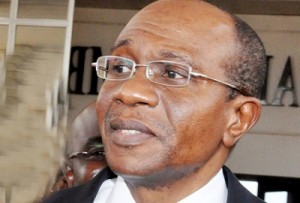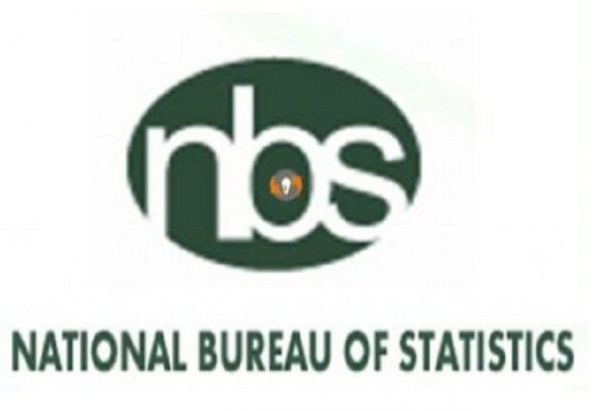MPC meets today, CBN may hold key rates

As the Central Bank of Nigeria’s Monetary Policy begins its two-day bi-monthly meeting today in Abuja, economic experts and analysts have said the committee is expected to maintain the status quo by keeping the monetary policy instruments at the current levels.
The experts were of the opinion that the MPC would keep the lending rate (Monetary Policy Rate) at the current level of 14 per cent, while the Liquidity Ratio and Cash Reserve Ratio would be held at current levels by the committee.
“We expect the CBN to keep the MPR, CRR and other monetary policy rates at current levels, given the fact that the economy is just coming out of recession,” the Managing Director, Afrinvest West Africa, Mr. Ayodeji Ebo, said.
“The CBN foreign exchange policies are yielding results also, and there is a need to look at this before any review of the monetary policy instruments,” he added.
A currency analyst at Ecobank Nigeria, Mr. Kunle Ezun, said the committee would leave the rates as they were currently because there was no need to review them at a time the economy was trying to get its direction.
The National Bureau of Statistics has said the Consumer Price Index, which gauges inflation, increased by 17.24 per cent (year-on-year) though at a slower pace in April, translating to 0.02 percentage points reduction from the 17.26 per cent recorded in March.
According to the NBS, the decline in the headline CPI, which is occurring consecutively for three months, has exhibited effects of some easing in already high food and non-food prices, as well as favourable base effects over 2016 prices.
The Director, Union Capital Limited, Egie Akpata, noted that the overall inflationary trend was down and it seemed “the CBN strategy of constraining naira liquidity and flooding the market with US dollars is having a positive effect.”
“It will take a few more months of this sustained strategy before inflation is brought closer to the CBN target range,” he added.
Generally, he pointed out, inflation was falling a lot slower than predicted, even though “the rise in annual food inflation coupled with a few disease outbreaks affecting a number of key crops is worrying.”
“Unfortunately, the CBN strategy has resulted in extremely high risk free rates making it very difficult for liquidity and credit to flow to the private sector. If the GDP growth remains negative or very weak, the CBN would have to loosen liquidity and cut rates in the next few months so as to be seen as supporting the Federal Government’s effort to reflate the economy,” Akpata added.







